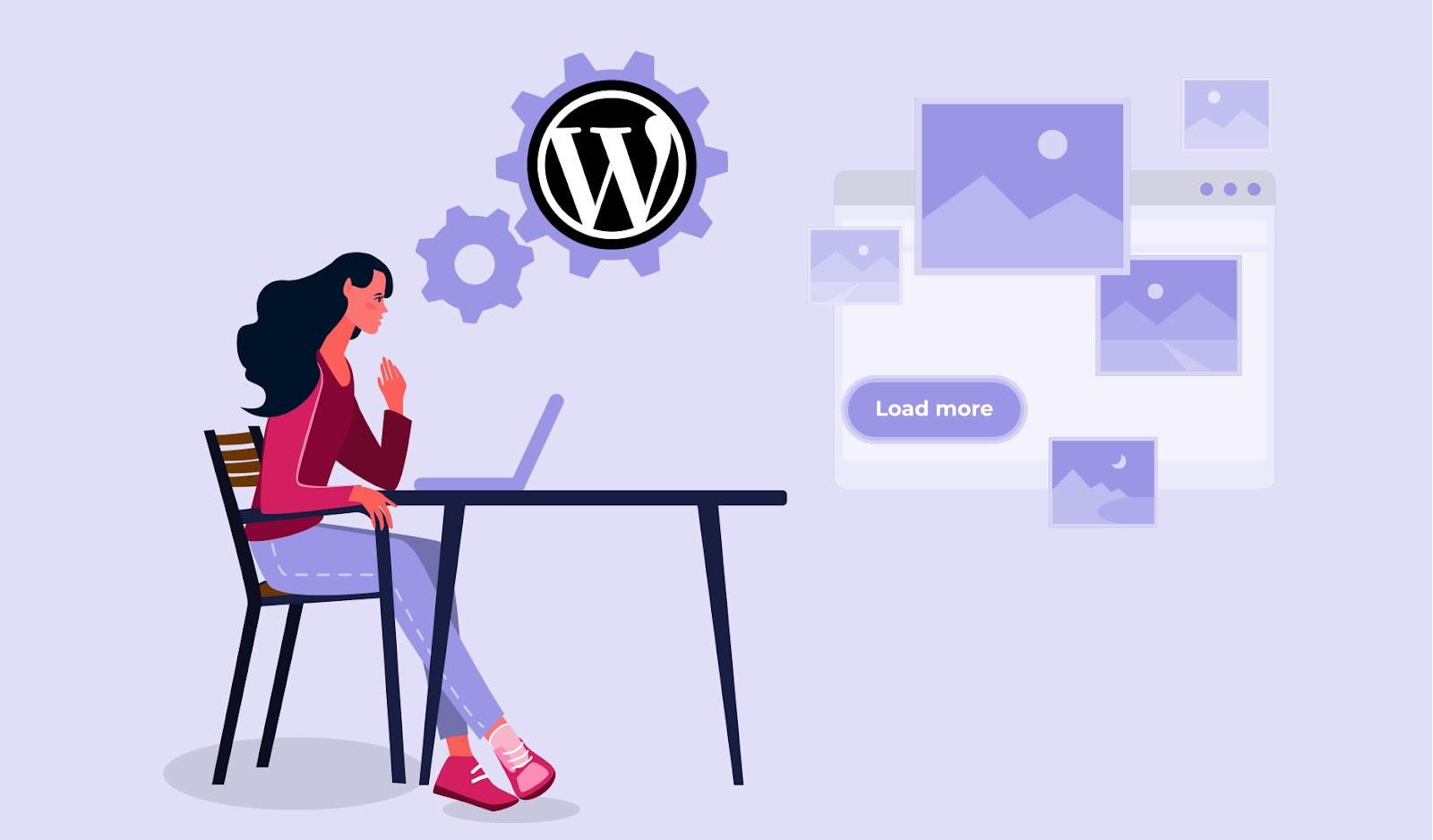What we need to care when we develop a website in WordPress

When developing a website in WordPress, there are several important factors to consider to ensure a successful and well-functioning website. Here are some key things to keep in mind:
-
Purpose and Goals:
- Define the purpose and goals of your website. What do you want to achieve with it? Understanding your objectives is crucial for planning and design.
-
Domain and Hosting:
- Choose a suitable domain name that reflects your brand or content.
- Select reliable web hosting that provides good performance and security.
-
WordPress Version and Updates:
- Use the latest version of WordPress to benefit from security patches and new features.
- Regularly update themes and plugins for security and functionality improvements.
-
Security:
- Implement security measures to protect your website from threats like malware and hacking. Use strong passwords and consider security plugins.
- Install an SSL certificate to enable HTTPS, which secures data transmission.
-
Responsive Design:
- Ensure your website design is responsive, meaning it adapts to various screen sizes and devices, including mobile phones and tablets.
-
Content Strategy:
- Plan your content strategy carefully. Organize your content into categories and use tags to improve navigation and user experience.
- Consider SEO (Search Engine Optimization) best practices when creating content.
-
User Experience (UX):
- Design a user-friendly interface with clear navigation menus and intuitive layouts.
- Optimize page loading times for a better user experience.
-
Performance Optimization:
- Compress images and optimize code to improve website speed.
- Consider using a caching plugin to reduce server load and speed up page delivery.
-
SEO and Metadata:
- Optimize your website for search engines by using SEO plugins, optimizing meta titles and descriptions, and creating XML sitemaps.
- Use descriptive alt text for images to improve accessibility and SEO.
-
Backup and Recovery:
- Regularly back up your website and database to protect against data loss. Many hosting providers offer automated backup solutions.
-
Legal and Compliance:
- Ensure your website complies with legal requirements such as GDPR (General Data Protection Regulation) and accessibility standards (e.g., WCAG).
-
Testing:
- Thoroughly test your website on different browsers and devices to ensure it functions correctly.
- Check for broken links, forms, and interactive elements.
-
Scalability:
- Plan for scalability, especially if you anticipate high traffic growth. Ensure your hosting plan can handle increased load.
-
User Engagement:
- Implement features like comments, social sharing, and email subscriptions to engage your audience.
- Consider integrating social media feeds or forums if relevant to your content.
-
Maintenance:
- Regularly update and maintain your website to keep it secure and up-to-date.
- Monitor performance and user feedback to make improvements over time.
-
Analytics:
- Integrate web analytics tools like Google Analytics to track visitor behavior and gather insights for continuous improvement.
-
Accessibility:
- Ensure your website is accessible to all users, including those with disabilities. Follow WCAG guidelines for accessibility.
إعلان مُمول
البحث
إعلان مُمول
إعلان مُمول
الأقسام
- Web Development
- Art
- Causes
- Crafts
- Dance
- Drinks
- Film
- Fitness
- Food
- الألعاب
- Gardening
- Health
- الرئيسية
- Literature
- Music
- Networking
- أخرى
- Party
- Religion
- Shopping
- Sports
- Theater
- Wellness
إقرأ المزيد
How to Avoid Them WordPress Security Mistakes
1. Neglecting Regular Updates
Mistake: Failing to update WordPress core, plugins, and themes....
Top 7 Best AI Writing Tools in 2025 (With Free Plans & Lifetime Deals)
📋 Comparison Table
Tool Name
Free Plan
Lifetime Deal
Best For
Website Link...
Unveiling the Future: 6G Technology - What it is and How it Works
As technology continues to evolve at an unprecedented pace, the world is already looking towards...
Nubia Z60 Ultra, which the world is waiting for!
The moment the world has been waiting for is here. Nubia Z60 Ultra, a smartphone that combines...
10 Best Google AdSense High CPC Niches for Indian Bloggers in 2025
1. Web Hosting & Domain Registration
CPC: ₹60 – ₹400
Example Keywords:...




